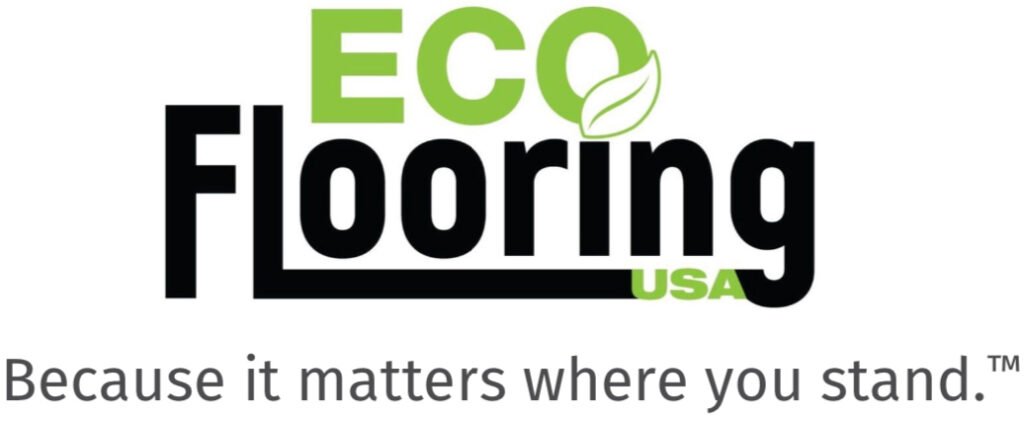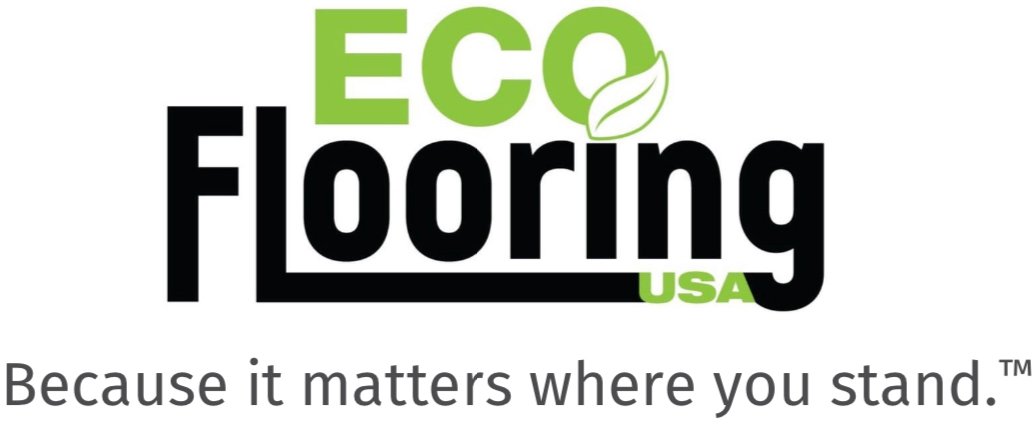When it comes to hardwood flooring options, two contenders have emerged as popular choices for homeowners seeking a perfect blend of aesthetics and functionality: Luxury Vinyl Plank (LVP) and Engineered Hardwood.
Today, we delve into the key considerations that distinguish LVP from engineered hardwood, guiding homeowners toward an informed decision that aligns with their preferences and lifestyle.
LVP vs Engineered Hardwood: differences
Luxury Vinyl Plank (LVP) and Engineered Hardwood stand as distinct flooring options, each with its own set of characteristics.
Let’s start with a general comparison table between LVP and engineered hardwood:
| Feature | Luxury Vinyl Plank (LVP) | Engineered Hardwood |
| Composition | PVC layers with a vinyl top layer | Multiple wood layers with a hardwood top layer |
| Appearance | Mimics wood, but may lack natural texture | Natural wood look with real texture |
| Cost | Generally cheaper than Engineered Hardwood | More expensive than LVP, varies with wood type |
| Installation | Quick installation by professionals | More laborious installation for professionals |
| Durability | Water and scratch-resistant, but can fade with sun exposure | Varies with wood quality, but generally durable |
| Maintenance | Easy to clean, moisture-resistant | Requires regular maintenance, can be affected by moisture |
| Resale Value | May not add as much value as Engineered Hardwood | Generally adds more value to property |
| Recommended Applications | Great for high moisture areas like bathrooms and kitchens | Ideal for living rooms, bedrooms, and less moist areas |
In this content, we are going to explain and detail each of these points and differences, offering a guide for your choice.
Learn more!
Composition of Engineered Hardwood vs. LVP
Luxury Vinyl Plank (LVP) and Engineered Hardwood differ significantly in their composition.
LVP is primarily made from synthetic materials; it consists of multiple layers of PVC (polyvinyl chloride) with a digital graphic film layer on top that imitates the look of wood, all coated with a protective wear layer.
On the other hand, Engineered Hardwood is constructed with several layers of real wood. The core layers are typically made of plywood or hardwood, providing stability, while the top layer is a thin slice of real hardwood, giving it the authentic look and feel of solid wood.
Visual Appearance and Aesthetic of Engineered Hardwood vs. LVP
The visual appearance and aesthetic of Engineered Hardwood and Luxury Vinyl Plank (LVP) cater to distinct preferences.

Example of Hardwood Flooring
Engineered Hardwood, with its real wood veneer, exudes a timeless and authentic charm.
The natural grain patterns, textures, and variations in wood species contribute to an elegant and warm ambiance, making it a preferred choice for those who appreciate the classic beauty of hardwood, adding a touch of sophistication to any space.

Example of Vinyl Plank Flooring
In contrast, LVP has gained popularity for its versatility in replicating the look of various materials, including wood, stone, and tile.
Technological advancements in printing and embossing techniques allow LVP to closely mimic the appearance and texture of natural materials.
This diversity in design options makes LVP an excellent choice for homeowners seeking a cost-effective flooring solution that doesn’t compromise on aesthetics, but it may lack natural texture.
Cost of Engineered Hardwood vs. LVP
When contemplating the choice between Engineered Hardwood and Luxury Vinyl Plank (LVP), one of the most significant factors influencing the decision is the cost.
LVP typically stands out as the more budget-friendly option of the two.
Its affordability stems from the use of synthetic materials in its composition, making it a cost-effective choice for homeowners looking to enhance their space without breaking the bank.
On the other hand, Engineered Hardwood tends to come with a higher initial price compared to LVP.
The inclusion of a real wood veneer layer contributes to the premium look and feel of Engineered Hardwood, but it also adds to the overall cost.
However, it’s essential to recognize that the investment in Engineered Hardwood can potentially yield long-term benefits considering the advantage of adding value to the property, making it an attractive choice for those worried about the resale value of their homes.
Durability and Resistance of LVP vs. Hardwood
When it comes to durability and resistance, both Engineered Hardwood and Luxury Vinyl Plank (LVP) offer distinct advantages.
LVP is renowned for its impressive durability, particularly in high-traffic areas and spaces prone to moisture.
The synthetic composition of LVP makes it resistant to scratches, dents, and stains, making it an ideal choice for households with active lifestyles or pets.
Its water-resistant properties also make LVP suitable for areas like kitchens and bathrooms, where spills are more likely to occur, but can fade with sun exposure.
On the other hand, Engineered Hardwood, while not entirely immune to scratches and dents, offers a higher level of durability compared to solid hardwood.
The layered construction of Engineered Hardwood enhances its stability, making it less susceptible to the effects of moisture and temperature fluctuations.
This makes it a suitable choice for environments where solid hardwood might be impractical—such as basements, bathrooms, and areas with fluctuating humidity levels. In spaces prone to moisture, like kitchens or laundry rooms, luxury vinyl planks provide an ideal solution, offering the aesthetic appeal of hardwood without the risk of water damage.
Additionally, its resistance to scratches and dents makes it a practical option for high-traffic areas in homes or commercial spaces where solid hardwood could face challenges in maintaining its pristine appearance over time.
Installation Process of Engineered Hardwood vs. LVP
The installation process of Engineered Hardwood and Luxury Vinyl Plank (LVP) differs in key aspects, including materials, methods, and complexity.
LVP is often praised for its user-friendly installation. It commonly employs a click-and-lock or adhesive method, allowing for a floating floor installation.
This means that individual planks interlock with each other, and the entire floor “floats” over the subfloor without being directly attached.
The flexibility of LVP installation allows for quicker and more cost-effective floor transformations.

In contrast, the installation of Engineered Hardwood is more involved.
Engineered Hardwood can be installed using various methods: glue-down, nail-down, or floating installations:
- Glue-down installations involve adhering the planks directly to the subfloor.
- Nail-down installations require fastening the planks to the subfloor using nails or staples.
- Floating installations involve interlocking planks, but they may also use a thin foam underlayment for added cushioning and noise reduction.
Maintenance and Cleaning of Engineered Hardwood vs. LVP
Maintenance and cleaning routines for Luxury Vinyl Plank (LVP) and Engineered Hardwood cater to the specific characteristics of each flooring type.
LVP, being highly resistant to moisture, stains, and scratches, offers a hassle-free upkeep experience.
Regular sweeping or vacuuming, along with occasional damp mopping using a mild vinyl floor cleaner, is typically sufficient to keep LVP looking pristine.
Its robust nature makes it an excellent choice for homeowners seeking a low-maintenance flooring solution.
On the other hand, clean Engineered Hardwood demands a bit more care due to its natural wood composition.
While it shares the need for regular sweeping or vacuuming to remove dirt, excess moisture should be avoided during cleaning to prevent potential damage.
Resale Value
When considering resale value, both Engineered Hardwood and LVP can positively impact a home’s market appeal, albeit in different ways.
Engineered Hardwood, with its association with luxury and natural beauty, is often seen as an attractive feature that can enhance a property’s value.
On the other hand, the affordability, durability, and design versatility of LVP can also be appealing to potential buyers.
The low-maintenance nature of LVP may be viewed as a practical and cost-effective choice, particularly for families or those looking for a modern and stylish aesthetic without the high price tag.
Ultimately, the impact on resale value will depend on the preferences of the local real estate market and potential buyers.
Both Engineered Hardwood and LVP have their unique attributes, offering homeowners flexibility in choosing a flooring option that aligns with their taste and priorities for long-term investment.
Conclusion
In conclusion, the choice between Engineered Hardwood and Luxury Vinyl Plank (LVP) goes beyond mere functional considerations, extending into personal preferences, lifestyle needs, and long-term goals for homeowners.
Engineered Hardwood, with its timeless aesthetic, authenticity, and potential impact on resale value, appeals to those seeking the classic charm of real wood.
On the other hand, LVP offers a budget-friendly, versatile solution with robust durability and a vast array of design options, making it an excellent choice for those prioritizing practicality and modern aesthetics.
Your #1 choice for sustainable flooring solutions in Metro Atlanta-GA
Finally, here at Eco Flooring USA, we offer a wide range of flooring options, excelling in the installation of both Luxury Vinyl Plank and Hardwood.
Our company stands out by exclusively using GreenGuard® and Floor Score Certified® materials, including wood from sustainable forests, as well as composites like Stone Polymer Composite (SPC) and Wood Polymer Composite (WPC).

Contact us today and discover how we can transform your spaces with our high-quality flooring solutions.



